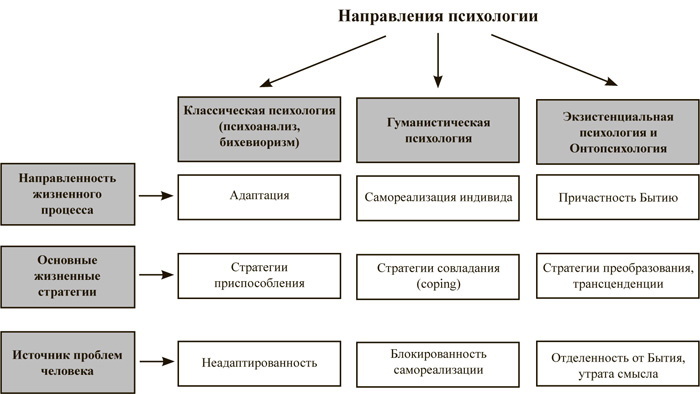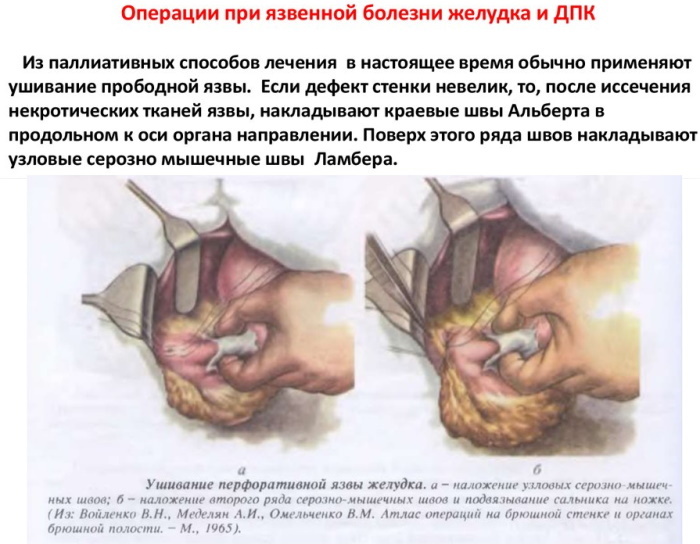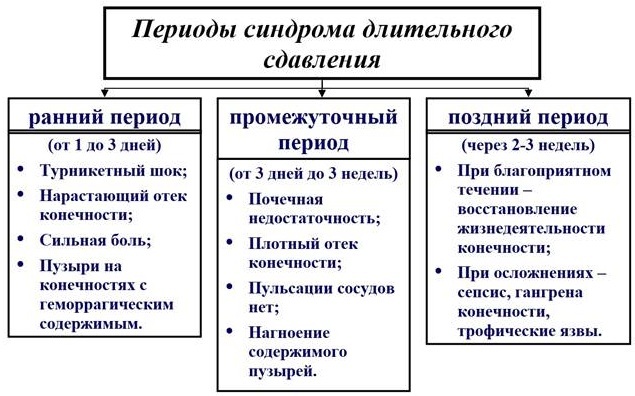Content
- Concept and definition
- Mechanism
- Impact on life
- Loss of loved ones
- When a serious (fatal) diagnosis is made
- Conscious
- Harm
- Types of Dangerous Denial
- How to get rid of
- Denial video
Negation- it is a protective psychological mechanism, suggesting the conscious withdrawal of the individual from the traumatic reality in psychology. With the help of denial, the individual blocks negative thoughts, emotions, feelings and desires, consciously not wanting to accept them.
This method of avoiding reality, according to Z. Freud, gives him the opportunity to refuse to accept negative reality, and can be used for the purpose temporary protection of the psyche from a depressive state or develop into mania, dangerous for psychological health person.
Concept and definition
The concept of "denial" was introduced into psychological science by Sigmund Freud, and his daughter, Anna, studied the phenomenon in more detail.
In the concept of The Theory of Psychoanalysis, Z. Freud considered "denial" as one of the defense mechanisms of the personality, with the help of which the individual categorically refuses to accept the fact of the negative event that has occurred. The most striking example of denial cited by Freud is the death of a young child, accompanied by the refusal of parents to accept the obvious, which leads to the appearance in them of a persistent psychological conviction that the baby has not died, but is somewhere nearby or will certainly soon will appear.
Denial of reality, according to the professor, also takes place when people say or insist: “This simply cannot be done with me. happen ”, despite clear evidence to the contrary (for example, when a doctor tells a patient that he has a fatal diseases). According to Freud, denial is most typical in the psychology of young children, older individuals, or individuals with reduced intelligence.
So a child, faced with the loss of a beloved pet, refuses to accept his death, convincing himself and the fact that the cat or dog is still alive or the aged parents do not want to accept the fact of the death of their son or daughter. People in adulthood with a stable psyche, according to Freud, can also sometimes use denial in highly traumatic situations, not accepting the fact of their illness or loss of a loved one person.
In his work "Venus in Furs" Z. Freud described "denial" as a way to take note of the repressed. Like other defense mechanisms, "denial" refers to the "I" of a person, forced to resist threats from the outside world and the desires of "It", restrained by the "Super-I".

Anna Freud did further work on the study of "denial" as a method of psychological defense. In her work "I and Defense Mechanisms" she described "denial" as a kind of hallucinogenic desire fulfillment, which manifests itself already in the first year of a child's life. As it grows, "fantasy denial" turns into "word and action denial."
The child's infantile ego, in an attempt to get rid of undesirable facts, uses various external objects for staging in order to deny the current situation. According to Anna Freud, denial of reality is one of the motives of many children's games.
Adults, according to the psychologist, also use denial as one of the mechanisms of relationship with a child, calling him "adult", "strong as a father" or "brave as a soldier." Parents also resort to distorting reality if they want to reassure the child, informing him that the bruised knee will soon pass or the leaving mother will quickly return.
During her research, Anna Freud noticed that young children are consciously involved in denial and may repeat a stereotypical phrase for their comfort, for example, naming bitter the medicine is delicious.
The psychologist also noted that some gifts also contribute to the strengthening of illusions. So, parents can give a girl a handbag so that she can imagine herself as an adult. And dolls are used to illustrate motherhood.
In her book, Anna Freud explained that the transition from fantasy to reality is quite difficult for a child, so his activity in some moments can acquire fantasy features.
The psychologist also noted that the mechanism of "denial of words and actions" is subject to two restrictions:
- denial can exist as long as it does not interfere with the control of reality;
- the use of the denial mechanism is limited by the degree of agreement between the environment and the staging.
Mechanism
Denial in psychology is (according to Freud) the first reaction to the pain of loss, loss, which is the initial stage of distrust, or the first stage of experiencing grief. This condition can be observed in a person who suddenly lost all property and income and in the first few seconds denies an unpleasant reality.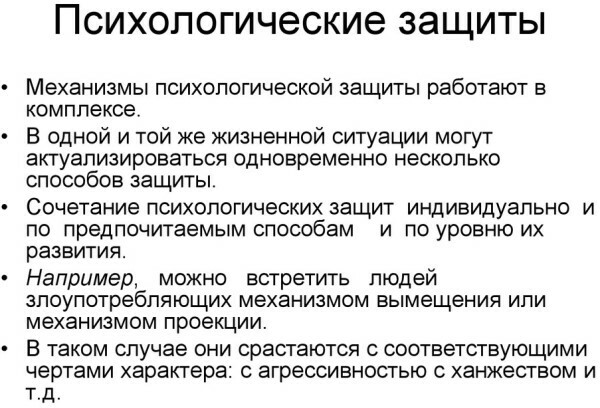
According to psychologists, normally, denial is turned on for several hours (or days), allowing the brain to recognize and get used to the changed circumstances. After adaptation, other mechanisms of psychological protection are activated, gradually leading to the acceptance of the situation.
Denial develops, according to Anna Freud, in early childhood, when a small child fantasizes, because he is not yet able to independently influence the world. At a more mature age, denial is transformed into a method of psychological defense, most often characteristic of suggested people or those who suffer from chronic diseases of internal organs and systems.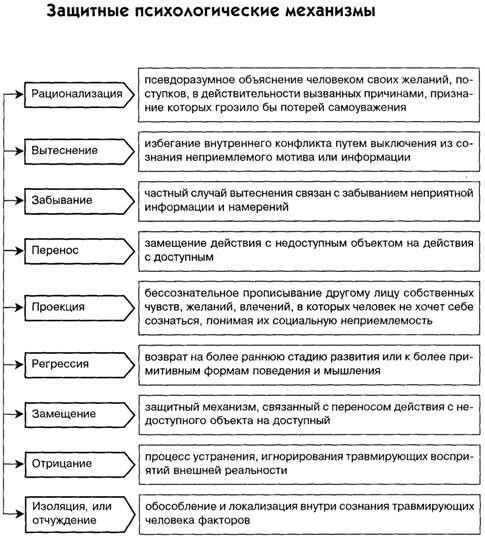
Psychoanalyst working in the field of classical psychoanalysis for over 20 years, Ageeva Tatyana Vladimirovna notes that people with low stress tolerance can be in a state of denial of personal failures. The resulting feeling of hopelessness, helplessness and pain, accompanied by a feeling psychological impasse, gradually leads to the development of regression, which can cause serious mental disorders.
Impact on life
Denial in psychology is a conscious attempt by a person to hide from the reality that destroys him, aimed at maintaining your inner peace and preventing possible negative consequences (A. Freud).
Denial manifests itself in the form of psychological protection of the psyche from a serious problem that has arisen and can have both beneficial and destructive consequences for the mental and physical health of the individual.
To justified cases of the use of denial, psychologists include the cases:
Loss of loved ones
A person who is faced with a serious problem associated with the loss of people close to him, including psychological protection of consciousness and psyche, temporarily protects himself from pain, horror and negative experiences associated with loss. By doing this, he immerses himself in a state in which his brain is able to make informed decisions by helping cope with organizational issues, or provides an opportunity to direct forces to mobilize and rescue human life.
Doctor of psychological sciences Chirkova T.I. notes that a similar phenomenon can be observed when an individual who has lost a loved one organizes a funeral or when a person, during a natural disaster, directs his efforts to save his life and those around him his people. After a certain time, his brain will accept and realize what happened, but at that moment nothing will threaten a person's life and will give him the opportunity to survive the situation that has arisen.
When a serious (fatal) diagnosis is made
A serious (or fatal) diagnosis is in most cases completely unexpected for the patient, because of which his brain temporarily refuses to accept information and includes "denial" as a protective mechanism. While in this state, the patient continues to live a normal life and undergoes treatment without plunging into a state of horror and depression.
According to psychologists, in this case, denial is turned on unconsciously, preserving the personality and reason from a serious shock. Medical psychologist and co-author of the monograph, "Denial as a phenomenon of psychological defense" Stupakova I. N., notes that after a certain time there is an unconscious shutdown of "negation" that arises in the event of the emergence of new methods of treatment or the adoption of the brain of imminent death.
Conscious
"I'll think about it tomorrow" - the phrase uttered by the heroine of the novel "Gone with the Wind" is, according to a psychoanalyst, a member of the IPA (international psychoanalytic association), candidate of sciences Zhalyunene E.V., a vivid example of positive, conscious denial reality. With her help, the heroine of the novel Scarlett O'Hara postponed the acceptance of an unpleasant situation for a certain time, allowing your brain, while remaining in the familiar reality, to gradually accept and realize the prevailing situation.
According to the psychologist, the method used by the heroine of the novel is a classic example of the manifestation of "denial" as a method of psychological defense, because, postponing the acceptance of the problem until later, it is possible:
- wait for the moment when life circumstances change, simultaneously changing the unpleasant situation;
- allow the brain to gradually recognize and accept problems, and find ways to overcome them.
Harm
Denial in psychology is a conscious process used by an individual to maintain peace of mind and completely reject, remove negative information. Denial can have both positive and negative properties to help prevent depression and help the brain to gradually become aware of the problem that has arisen.
Lingering denial, according to psychoanalyst and psychologist T. V., it is dangerous by the gradual destruction of the psyche and life of a person, since he consciously does not notice the problem leads to the loss of skills and abilities, destroys social communication, contributing to the gradual development of mania.
The specialist notes that the mechanism of denial is inherent in people suffering from gambling addiction, drug or alcohol addiction, as well as with individuals dependent on them.
- In the first case, a person suffering from a pernicious addiction lives in a conscious denial of their problem, noting that there is nothing wrong with drinking several glasses of wine every day. His fantasy belief is based on the fact that at any moment he can easily give up the addiction and the manifestation of aggression at the slightest hint of the developing addiction from others.
- Addicted people (husbands, wives, other relatives) are inclined to deny that the patient has an addiction at least zealously than he himself, which significantly complicates the diagnosis and treatment of alcoholic, gambling or narcotic dependencies.
Psychologists note that the mechanism of denial is difficult for the person to understand and can lead to the development of chronic dependence on alcohol, gambling or drugs. The effectiveness of treatment here can be achieved only in the case when the person himself is fully aware and accepts his addiction, which is impossible with a conscious denial of the problem.
Denial as a mechanism for avoiding traumatic reality (as noted by the psychoanalyst and psychologist T. V.) is inherent in psychology to people suffering from love addiction and not realizing complete indifference to them on the part of the partner. A typical example of this form of denial, according to the expert, is a woman who is going to marry a man who uses her for his own selfish purposes.
A woman suffering from "falling in love" here denies the very possibility of such a situation, coldness on the part of a partner and his betrayal, preferring to believe the words of her spouse and consciously choosing a “comfortable” “happy reality” without realizing the subsequent painful interchanges. Such a mechanism of mature denial in psychology is usually called rationalization, in which a person clearly argues his conscious, fantasy behavior.
Doctor of psychological sciences Chirkova T.I. in her monograph "The Psychology of Destruction" indicates that in some cases the mechanism of denial is able to completely disconnect a person from reality. Thus, a mother experiencing the death of her only young child denies his death and cannot accept the reality that traumatizes her.
In her fantasy attempts, she creates in her mind another reality, where her child is alive and well. Being in this state, the woman continues to communicate with her child, replacing him, for example, with a doll, and reacts aggressively to all attempts of others to explain the malted situation to her.
Medical psychologist, Stupakova I. Nu in her monograph "Denial as a phenomenon of psychological defense" notes that they use the mechanism of denial and extreme adolescents who daily expose themselves to mortal danger, do not feel fear and do not realize the danger of the consequences of their actions.
The main danger of protracted denial, according to the doctor of psychological sciences Chirkova T.I., lies in the possibility of its transformation into mania and manic syndrome, accompanied by a sharp rise in mood, strong bouts of joy and the appearance of increased performance. A person in this state very rarely rests, gradually bringing himself to nervous exhaustion, requiring emergency medical attention.
Types of Dangerous Denial
Psychologists call "denial" a way of emotional protection that does not lead to a solution to the problem, but on the contrary distorts a person's thinking and behavior.
In modern psychology, “dangerous” denial is divided into 4 types:
| View | Characteristic |
| Priority denial | In this case, a person inspires himself and those who depend on him with the idea that now is not suitable time to implement a plan (not enough money, global financial crisis, sick relatives). |
| Idealistic (infantile) denial | The person refuses to accept the problem, believing that over time it will disappear by itself. As an example of this situation, psychoanalyst Ageeva T. N. gives an example in which a woman suffering from violence from her husband believes that over time, thanks to her, he can change. |
| Aggressive denial | Actively defending his erroneous position, the individual aggressively rejects the opinion of other people trying to inform him about the problem that has arisen. At the same time, he may well understand the prevailing negative situation, but does not want to allow himself to plunge into the negative emotions associated with it. |
| Unconditional denial | The individual is well aware of the problem, but tries to pretend that he is not aware of it. In this case, "denial" contributes to the subconscious blockage of hearing, sight and memory, leading to the fact that the individual asking the same question is unsuccessfully trying to get what he wants answer. |
The emergence of any of these types of denial requires the individual to:
- increasing the level of awareness;
- contacting a specialist to find a way out of this situation.
How to get rid of
Treatment of denial, which lasts for several days and, according to experts, allowing the brain to gradually get used to it and realize the problem that has arisen, is not carried out. Psychological help is required for people who are faced with lingering denial, gradually developing into a rational form or manic syndrome.
In this case, the patient needs the help of a psychoanalyst, carried out in the form of individual and group consultations and helping to accept the current situation with the subsequent search for ways out of her.
With the development of manic disorder, the patient is also prescribed drug therapy, which consists in the use of:
- mood stabilizers (valproate, lithium, or carbamazepine);
- atypical antipsychotics (olanzapine, risperidone, or aripiprazole).
Upon completion of the main treatment, the patient is prescribed preventive therapy, including the use of drugs and psychotherapeutic treatment.
Denial is a method of psychological defense, which consists in unconsciously disconnecting the human psyche from the negative situation that has arisen. This condition, which has its pros and cons, helps prevent the development of depression, giving the brain time to accept and become aware of the changed situation.
In this case, the denial lasts no more than 2 days. The danger of protracted denial is accompanied by a complete withdrawal of the person from the current situation, from his gradual immersion in a fantastic reality and the development of mania that requires psychological treatment.
Denial video
Denial is a psychological defense:

